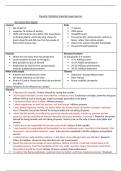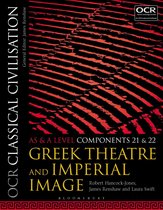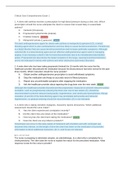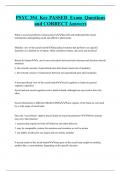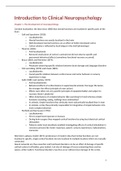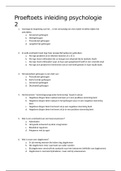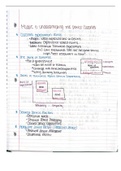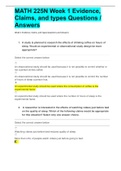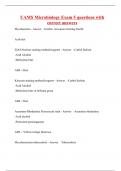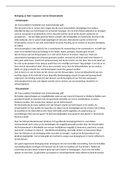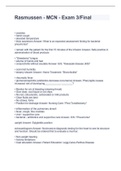Summary
Summary Classical Civilisation: Imperial Image Literary Sources
- Module
- Imperial Image
- Institution
- OCR
Provides all the details that you need for your literary sources, extremely helpful to understand what knowledge you need to know for the exam. Creates a more simplified way of understanding with line by line and chapter summaries. Includes themes and background information.
[Show more]
